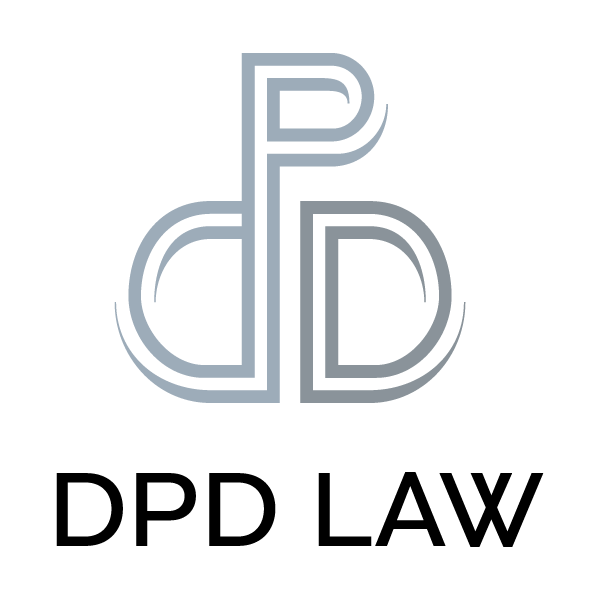Construction projects are complex endeavours involving numerous stakeholders, intricate contracts, and a myriad of legal considerations. From small-scale residential renovations to large-scale commercial developments, understanding construction law is essential for all parties involved. In this blog, we will delve into the world of construction law, shedding light on its fundamental principles, common challenges, and key legal frameworks.
- The Foundations of Construction Law:
Construction law encompasses a broad range of legal issues pertaining to the planning, design, financing, and execution of construction projects. It is an amalgamation of contract law, property law, tort law, and regulatory compliance. Central to construction law is the contract, which governs the relationships and obligations between the various parties involved, including owners, contractors, subcontractors, suppliers, and architects.
- Essential Elements of Construction Contracts: Construction contracts serve as the backbone of any construction project, outlining the rights, responsibilities, and liabilities of the parties involved. Key elements of a construction contract include:
a) Scope of work: Clearly defining the project’s scope, specifications, and deliverables.
b) Payment terms: Establishing the contract price, payment schedule, and any mechanisms for change orders or claims.
c) Timeline and milestones: Setting project milestones, completion dates, and mechanisms for addressing delays.
d) Dispute resolution: Establishing the process for resolving disputes, including mediation, arbitration, or litigation.
e) Insurance and indemnification: Allocating responsibility for insurance coverage and indemnification in case of damages or injuries.
- Regulatory Compliance and Permits: Construction projects are subject to various regulations at the local, state, and federal levels. Compliance with zoning laws, building codes, environmental regulations, and safety standards is crucial. Obtaining the necessary permits and approvals, such as building permits and environmental clearances, is a fundamental aspect of construction law. Failure to comply with regulatory requirements can result in costly penalties, delays, or even project shutdowns.
- Managing Construction Disputes: Disputes are an unfortunate reality in construction projects, arising from issues such as delays, cost overruns, defective workmanship, or breach of contract. Resolving these disputes requires a deep understanding of construction law and dispute resolution mechanisms. Alternative dispute resolution methods, such as mediation and arbitration, offer more efficient and cost-effective alternatives to traditional litigation. However, in some cases, litigation becomes inevitable, necessitating the involvement of construction law specialists.
- Construction Liens and Payment Issues: Payment problems are a prevalent issue in the construction industry, with delayed or non-payment causing significant financial strain on contractors and subcontractors. Construction liens provide a legal mechanism for contractors to secure their right to payment by placing a claim on the property. Understanding the intricacies of lien laws, including notice requirements and lien foreclosure procedures, is vital for contractors seeking to protect their interests. In recent years the Province of Ontario has adopted Prompt Payment legislation. The Prompt Payment framework regulated the timelines for payment from the Owner down to a contractor, and all the way down to a supplier or sub-subcontractor. The number of payment disputes have reduced significantly due to the mandatory regime of payment timelines.
- Emerging Trends and Legal Considerations: The construction industry is constantly evolving, driven by technological advancements, sustainability initiatives, and changing regulations. Key emerging trends in construction law include the adoption of Building Information Modeling (BIM), off-site construction methods, 24hr smart surveillance systems, and green building practices. Legal considerations encompass data privacy and cybersecurity, sustainable design and construction, and the use of emerging technologies such as drones and autonomous machinery.
Construction law serves as the bedrock for successful and compliant construction projects. By understanding the fundamental principles, contractual obligations, regulatory requirements, and dispute resolution mechanisms, all parties involved can navigate the complexities of the construction industry with confidence. Whether you are an owner, contractor, subcontractor, or supplier, consulting with legal experts well-versed in construction law is essential to mitigate risks, ensure compliance, and protect your rights. Remember, a solid legal foundation paves the way for a successful construction endeavour.

